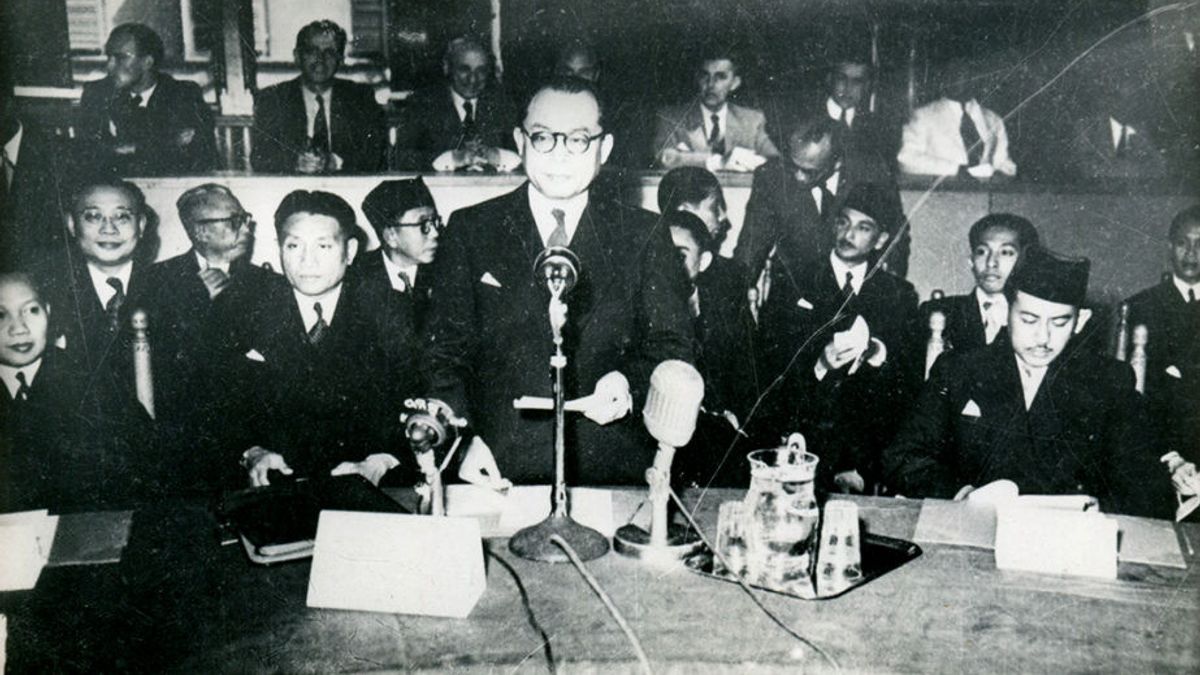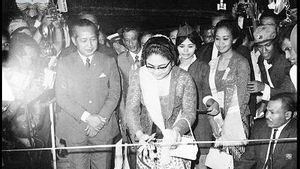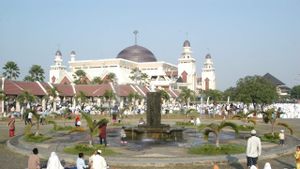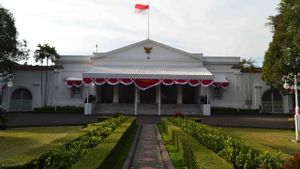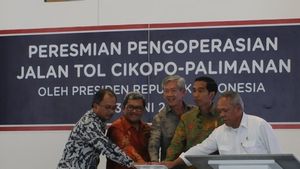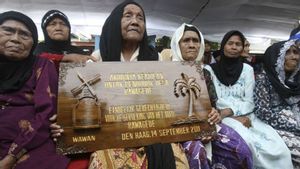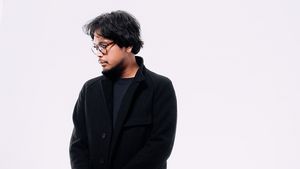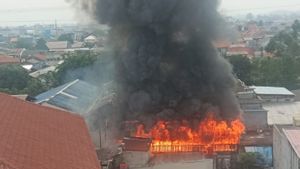JAKARTA - Today's history, 23 years ago, on June 15, 1979, Mohammad Hatta gave a public speech for the last time. He gave a speech at the Congress of the Indonesian Economist Association (ISEI) in Cisarua, Bogor, West Java.
The father of the nation gave his critique. He highlighted the political economy which tends to deviate from the values of Pancasila. The speech reminded people that Bung Hatta could not be driven from the beginning. When it's wrong, say it's wrong. When it's true, say it's true. Not the other way around.
Bung Hatta's struggle to fight against all forms of colonialism is second to none. In Holland, he vehemently rejected imperialism and colonialism. He studied and fought with all his soul. Everything for the sake of a dream that his people can sing a narrative: Freedom.

He also stands in one guide. Truth, its name. It demands even to seek the truth at every opportunity. The search for truth becomes the basis for taking measured action. Bung Hatta immediately packaged the ideals of proclaiming the struggle for independence. He made the Indonesian Association (PI) his political vehicle in the Land of the Windmills.
Perhaps Hatta was not as loud as Bung Karno, who actively voiced independence from the pulpit to the pulpit. However, that does not mean the effectiveness is different. Just like Bung Karno, who used the court as a stage by proclaiming a pledge (defense) entitled Indonesia Accuses.
Bung Hatta also impressed the court with the contents of his pledge at the Dutch Court entitled Indonesia Merdeka (Indonesia Vrij) in 1928. Even though it had not yet been read out at that time. Hatta's defense text has resonated greatly in the country. In fact, the script of his defense actually became the fuel as well as the inspiration for the freedom fighters to fight.

"It cannot be ignored that the first peak of Hatta's struggle for the independence of his nation was reached here, when he led the Indonesian Association (PI). This organization only covers a small part (about 25 percent) of Indonesian students residing in the Netherlands.”
“But the youths who are in foreign lands not only find PI as a forum to channel the need to formulate self-identity, but also as an enthusiasm for an opportunity to appear. The Netherlands, different from the Dutch East Indies, was free from the restraints of colonial society which was paternalistic and distinguished by skin color,” wrote Tempo Magazine's report entitled Legacy of Bung Hatta (1980).
The provision of political learning he immediately adapted in the Dutch East Indies. He was active hand in hand with Sukarno, complementing each other, coming to the people's pulpit to ignite the spirit. He had experienced imprisonment and exile. Hatta did not give up until finally, Indonesia became independent in 1945.
Indonesia's independence did not necessarily make Hatta complacent. He still stands with the truth. When the actions of the Indonesian government began to feel reckless. Hatta did not stay silent. He is outspoken in his critique.
VOIR éGALEMENT:
On June 15, 1979, Hatta's last public speech at the ISEI celebration included criticism of the New Order government as evidence. Hatta felt that the nation's leaders often deviated from the values of Pancasila.
"Our country is based on Pancasila and the 1945 Constitution, but the country's political economy, under the influence of our present technocrats, often deviates from that basis. The politics of liberalism is often used as a guideline," concluded Bung Hatta in his speech.
The English, Chinese, Japanese, Arabic, and French versions are automatically generated by the AI. So there may still be inaccuracies in translating, please always see Indonesian as our main language. (system supported by DigitalSiber.id)
